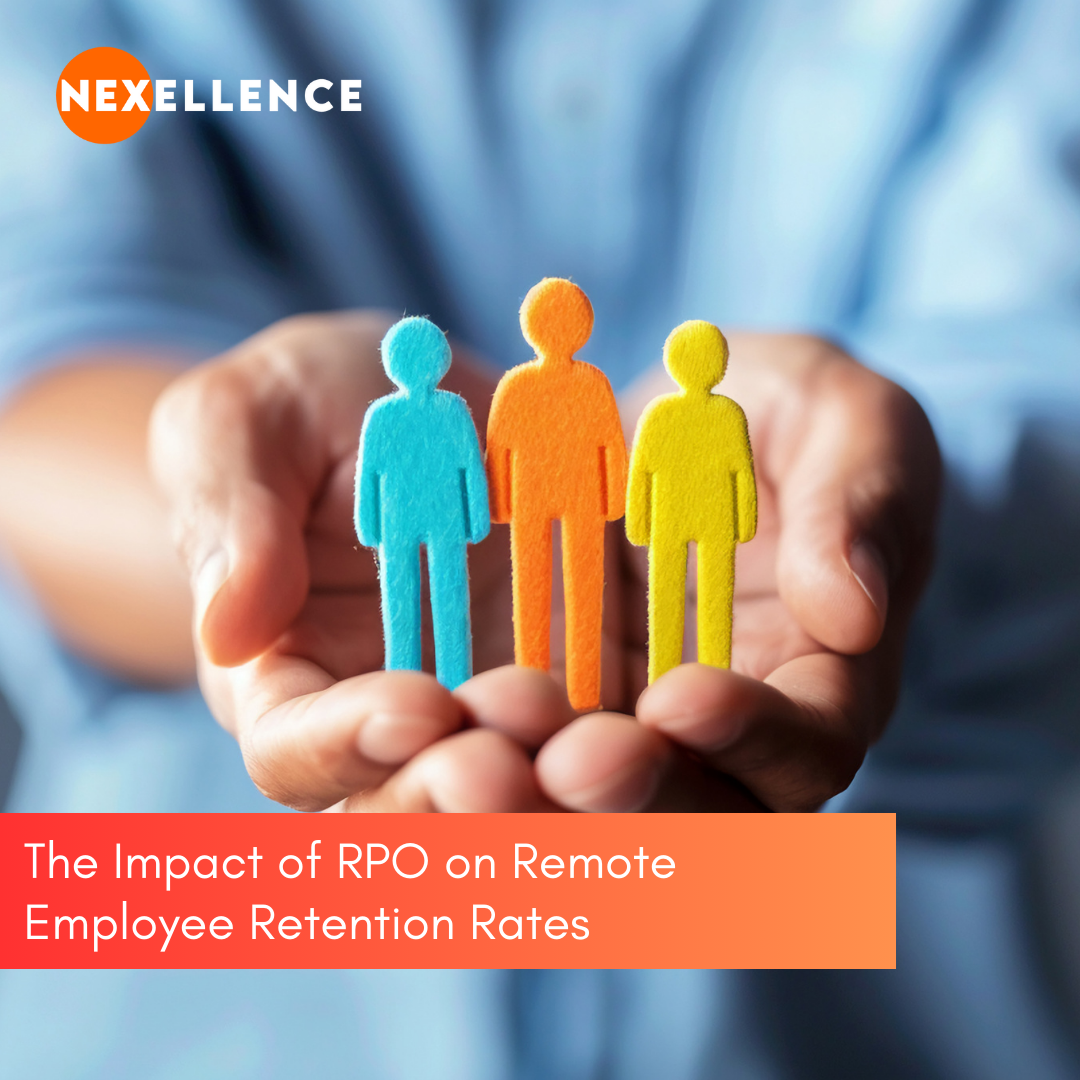The gig economy is rapidly transforming the employment landscape, characterized by the rise of freelance, contract, and temporary work. Recruitment agencies are evolving to meet the demands of this new labor market. Here’s how they are adapting:
1. Diversifying Service Offerings
Flexible Staffing Solutions: Recruitment agencies are offering more flexible staffing solutions, including temporary, contract, and freelance placements. This allows businesses to scale their workforce up or down based on project needs.
Project-Based Recruitment: Agencies are creating specialized teams that focus on project-based recruitment, ensuring they can meet the specific needs of clients looking for short-term talent.
2. Utilizing Technology and Digital Platforms
Gig Platforms Integration: Many recruitment agencies are integrating with gig platforms like Upwork, Freelancer, and Fiverr. This allows them to access a larger pool of freelance talent and provide clients with quick and efficient hiring solutions.
AI and Automation: Agencies are leveraging AI and automation to streamline the recruitment process. AI-driven tools can quickly match candidates with gig opportunities based on skills and experience, reducing the time to hire.
3. Building Talent Pools and Networks
Freelancer Databases: Agencies are building extensive databases of freelancers and gig workers. These databases include detailed profiles, work history, and ratings, allowing agencies to quickly match clients with suitable candidates.
Community Building: Recruitment agencies are creating online communities and networks for gig workers. These communities offer resources, support, and networking opportunities, making it easier for agencies to engage with top talent.
4. Offering Specialized Training and Development
Skill Development Programs: Agencies are providing training and development programs specifically for gig workers. This ensures that freelancers and contractors have the skills needed to meet the demands of the modern workforce.
Certifications and Credentials: Offering certifications and credentials for specialized skills helps agencies validate the qualifications of gig workers, making them more attractive to potential clients.
5. Focusing on Compliance and Legal Support
Regulatory Expertise: With the gig economy’s complex legal landscape, agencies are investing in regulatory expertise to ensure compliance with labor laws and regulations. This includes understanding tax implications, worker classification, and contract terms.
Support Services: Providing legal and administrative support to gig workers, such as contract management, invoicing, and tax assistance, helps build trust and ensures smooth operations for both workers and clients.
6. Enhancing Employer Branding
Promoting Gig Work Benefits: Agencies are highlighting the benefits of gig work, such as flexibility, diversity of experience, and potential for higher earnings. This helps attract more candidates to gig opportunities.
Client Education: Educating clients about the advantages of utilizing gig workers, including cost savings, access to specialized skills, and agility, encourages more businesses to adopt gig workforce strategies.
7. Leveraging Data and Analytics
Data-Driven Matching: Using data analytics to match candidates with gig opportunities based on their skills, experience, and performance metrics ensures better fits and higher satisfaction rates for both clients and workers.
Market Insights: Agencies are using data to provide clients with insights into market trends, salary benchmarks, and skill demand. This helps clients make informed decisions about hiring gig workers.
8. Creating Engaging Candidate Experiences
Streamlined Processes: Simplifying the application and onboarding process for gig workers ensures a positive candidate experience. This includes quick application forms, digital interviews, and seamless onboarding.
Ongoing Engagement: Keeping gig workers engaged through regular communication, feedback, and opportunities for further assignments helps build loyalty and long-term relationships.
9. Adapting to Remote Work Trends
Remote Work Opportunities: Many gig roles can be performed remotely. Agencies are increasingly focusing on remote work placements, allowing them to tap into a global talent pool and offer clients more options.
Remote Management Tools: Implementing tools and platforms for managing remote gig workers, such as time tracking, project management, and communication tools, ensures smooth collaboration and productivity.
10. Developing Niche Expertise
Industry-Specific Recruitment: Agencies are developing niche expertise in specific industries where gig work is prevalent, such as IT, creative services, and marketing. This specialization allows them to better understand client needs and source the right talent.
Tailored Solutions: Providing tailored recruitment solutions for different industries ensures that clients receive candidates with the specific skills and experience required for their projects.
Conclusion
Recruitment agencies are adapting to the gig economy by diversifying their services, leveraging technology, building extensive talent networks, offering specialized training, focusing on compliance, enhancing employer branding, utilizing data analytics, creating engaging candidate experiences, adapting to remote work trends, and developing niche expertise. These strategies enable agencies to meet the evolving needs of clients and gig workers, ensuring success in the dynamic gig economy landscape.





